
Dementia Knowledge
Understanding dementia is the first step to living well with it. This section explains what dementia is and describes the various different types, including causes, symptoms, diagnosis and treatment for each one.


Understanding dementia is the first step to living well with it. This section explains what dementia is and describes the various different types, including causes, symptoms, diagnosis and treatment for each one.
Dementia is not a single disease, but a broad term used to describe a group of conditions that damage brain cells. This interferes with the brain’s ability to function normally, affecting memory, thinking and daily functioning. Different types of dementia have different causes, symptoms and outcomes. Identifying the type of dementia a person has helps guide treatment, care and support.
Find out more about the different types of dementia below:
Alzheimer’s disease is the most common type of dementia. It is a progressive condition, causing problems with memory, thinking and behaviour. It develops gradually and gets worse over time, eventually affecting daily life.
Find out moreThe word “vascular” refers to the body’s network of blood vessels: the arteries, veins, and capillaries that carry blood to and from the heart and throughout the body. A healthy vascular system is essential for delivering oxygen and nutrients to the body’s organs and tissues and for removing waste products. Vascular dementia is a common form of dementia, caused by vascular problems in the brain.
Find out moreLewy body dementia, also known as dementia with Lewy bodies (DLB), is one of the most common types of dementia. Like other forms of dementia including Alzheimer’s disease, it can cause problems with understanding, thinking, memory and judgment.
Find out moreMixed dementia is a condition where a person has more than one type of dementia at the same time. The most common combination is Alzheimer’s disease and vascular dementia, but other types can be involved too, such as Lewy body dementia.
Find out moreYoung-onset Dementia (YOD), also referred to as Early Onset Dementia, is defined as dementia diagnosed before the age of 65. While dementia is more common in older adults, approximately 5% to 9% of all dementia cases are considered young onset. It can affect individuals in their 30s, 40s, 50s and early 60s.
Find out moreThe rarer forms of dementia can have different symptoms to the traditional types, such as Alzheimer’s or vascular dementia, so accurate diagnosis and early specialist support are especially important.
Find out moreMCI is not actually dementia, but it can be an early sign or precursor to it. It involves changes in memory, thinking or reasoning that are greater than what’s expected with normal aging but not severe enough to prevent daily activities – although tasks may require more effort. People with MCI are usually aware of the associated changes and symptoms, and so are family and friends.
Find out moreOur services cover the following areas:
This is where our work began and is still the area where we offer the widest range of services including peer support and community groups, one-to-one Dementia Coordinator support, Singing Back the Memories and access to The Beacon Day Support Centre.
In Medway, we provide essential Dementia Support and Dementia Wellbeing services that help people access support early, navigate the diagnosis process and connect with local opportunities to live well with dementia.
Our Dementia Coordinators offer specialist one-to-one support across Swale, working with families and professionals to make sure people get the right help at the right time. We also provide some Dementia Wellbeing services, working in partnership with Age UK Sheppey and Age UK Kent Rivers to expand the support network for people in this area.
Covering the districts of Sevenoaks, Tonbridge & Malling, Tunbridge Wells, and Maidstone, our team of Dementia Coordinators delivers practical and emotional support to people at all stages of the dementia journey.
While there is no guaranteed way to prevent dementia, research shows that adopting a healthy lifestyle can significantly lower the risk or delay the onset of dementia. Many dementia risk factors are the same ones linked to heart disease, diabetes and stroke. Managing these factors early can significantly help protect long-term cognitive health.
Key prevention strategies include:
• Challenge your brain with activities such as puzzles, reading, learning new skills or playing an instrument. Lifelong learning helps build the brain’s resilience (cognitive reserve), which may delay symptoms.
• Exercise regularly to boost blood flow to the brain, lower blood pressure and reduce chronic disease risks. Aim for moderate activity each week.
• Follow a diet rich in fruits, vegetables, whole grains, fish, and healthy fats. These are linked to a lower risk of dementia.
• Smoking damages blood vessels and raises your risk of stroke, while too much alcohol can harm your memory and brain health.
• Regular interaction with others supports mental wellbeing and reduces isolation and depression, both of which are linked to cognitive decline.
• Manage issues like high blood pressure, cholesterol, diabetes and obesity with the help of medication, diet and exercise.
• Hearing loss is strongly linked to increased dementia risk, so should be addressed as early as possible.
• Poor sleep, especially untreated sleep apnoea, can harm brain function and raise dementia risk.
Everybody experiences the effects of dementia in their own way. The main things to look out for are problems with day-to-day memory, concentration, language, judging distances and orientation.
If you feel worried about any of the things mentioned above, it may be a good idea to arrange a trip to the doctor. The doctor will carry out tests to rule out other underlying conditions, such as chest or urinary tract infections, depression and vitamin/thyroid deficiencies. They may then send you to a Memory Clinic for further assessment and testing.
If the conclusion of the assessment is a dementia diagnosis, the doctor will need to clarify which type it is, so that symptoms and progression can be predicted and managed. Of course, no one wants to be told they have dementia but a diagnosis will give the person living with dementia the best possible chance to access the treatment and support they need. Read our blog about the importance of getting a dementia diagnosis (link to Knowledge is power: why getting a dementia diagnosis matters blog).
If you would like more information on understanding dementia, please call us on 01474 533990 or email info@adss.org.uk. To find out more about how we support people with dementia, see our dementia support guide.